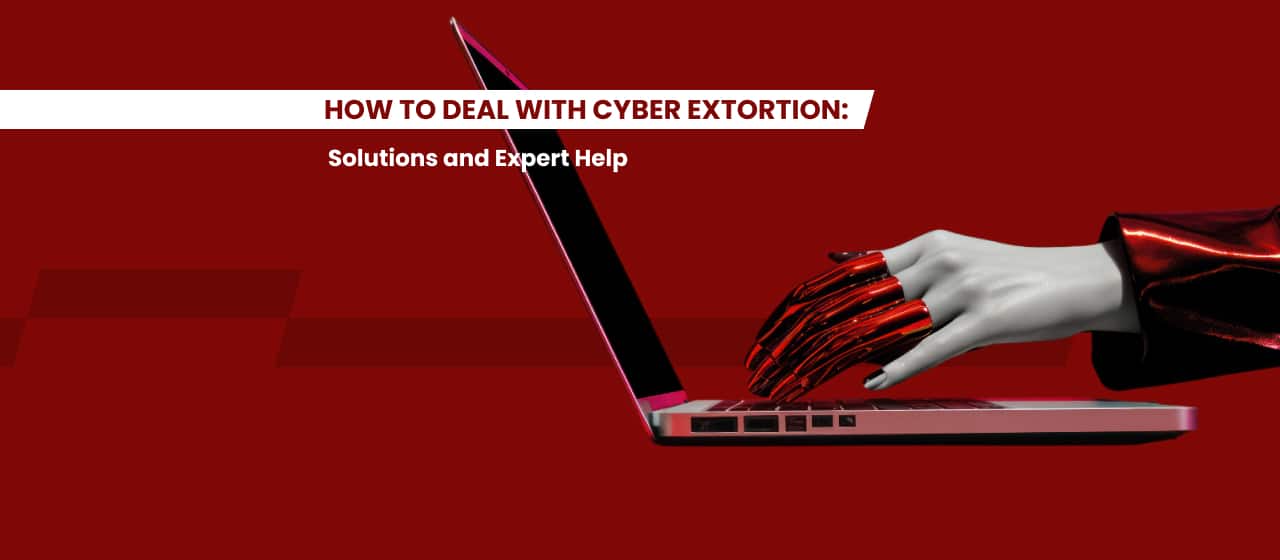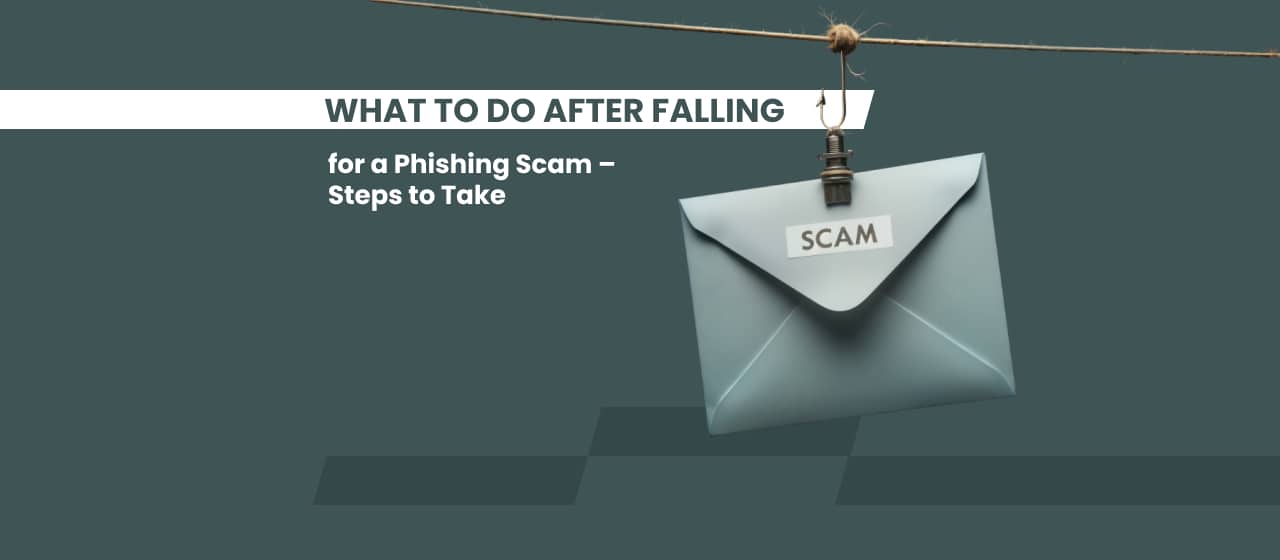Online blackmail is one of the most common cybercrimes reported today. With the ease of masking identities online, cybercriminals are able to create lies and target unsuspecting victims. If this is happening to you and you want to learn how to handle blackmail, keep reading.
Effects of Online Blackmail
There are many long-lasting effects of online blackmail. This type of cybercrime leaves victims traumatized, bankrupt, fearful, and so much more. When it comes to online blackmailers, their motive is to obtain sensitive information that they can use against their victims. They want to make sure they have something their victim would pay anything to keep secret. Usually, those secrets consist of affairs, nude photos, videos, etc.
Having that type of private information used against someone can be traumatizing. Many victims are so shaken up by the experience that they find themselves believing there is no way out, and it allows them to stew in feelings of fear, isolation, self-hate, embarrassment, and regret. Which leads them to harm themselves or, worse, end their lives.
Online blackmail also has a massive impact on victims’ finances. Most will give everything they have to avoid exposing their secrets publicly. When the money runs out, victims could be forced to take out tons of credit cards and loans and find themselves in loads of debt.
How To Handle Blackmail?
1. Recognize the threat:
Blackmailers often use different tactics to scare their victims. They may use threatening language or reveal embarrassing information to create fear and anxiety. The first step in handling blackmail is recognizing the threat and acknowledging it is happening. Do not ignore the situation or think it will go away on its own.
2. Stay Calm:
It is essential to stay calm and composed when dealing with blackmail. Panic can cloud your judgment and lead to irrational decisions that worsen the situation. Instead, take a deep breath, gather your thoughts, and assess what is at stake. Focus on finding a solution rather than dwelling on the problem.
3. Seek Support:
Speaking with someone you trust about the situation is crucial. This could be a close friend, family member, or trusted ally. You need to be able to confide in someone who can provide emotional support, guidance, and practical advice. Also, consider seeking professional counseling if necessary.
4. Gather Evidence:
When handling blackmail, it is essential to gather evidence. Gather relevant messages, emails, or texts that corroborate the blackmail and provide proof of the threats. This evidence can be useful if you take legal action against the blackmailer.
5. Take Action:
Finally, consider taking legal action if necessary. Blackmail is a criminal offense that is punishable by law in most jurisdictions. If you have evidence that supports the blackmail, you can take it to law enforcement. Alternatively, you can seek the help of a lawyer to assist you in dealing with the situation legally.
Mental Health Support
When faced with a blackmailer, victims often feel trapped and powerless. They may believe that complying with their demands will keep them safe from harm. Unfortunately, giving in only perpetuates the cycle of abuse and can cause more harm than good. It’s crucial for victims to seek support from loved ones during this difficult time. This way, victims don’t make rash decisions and can have people there to help take the proper steps in overcoming this difficult time. Blackmail can have a significant impact on one’s mental health and self-esteem, so confiding in those who care about you can make a world of difference. Don’t suffer in silence. Reach out for help.
Dealing with online blackmail alone can be incredibly difficult and affects victims’ mental health, so seeking support from friends and family is essential to help avoid those feelings of isolation and shame. Furthermore, contacting cybercrime experts is a crucial step to take in effectively combating the issue.
These experts have the skills and knowledge necessary in how to handle blackmail, and their insights can be invaluable in helping you navigate the situation. Finally, reporting cybercrimes to authorities helps prevent the spread of such malicious activities and reduces the likelihood of it happening to others.







